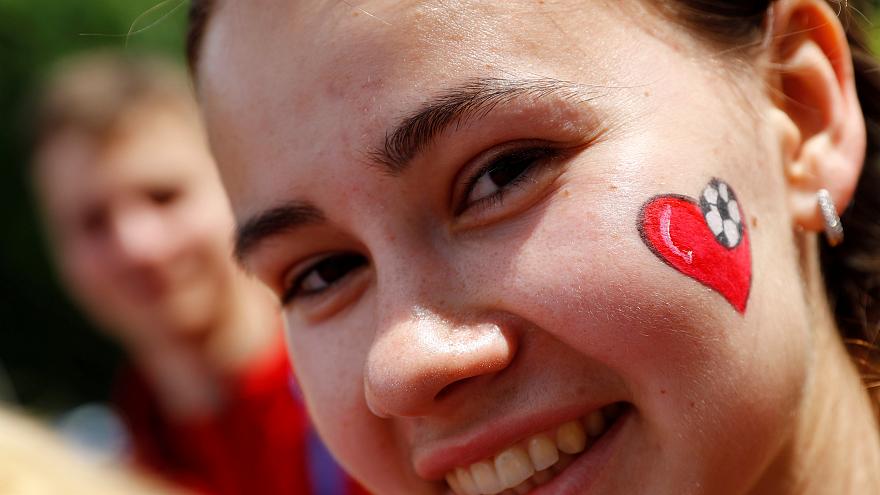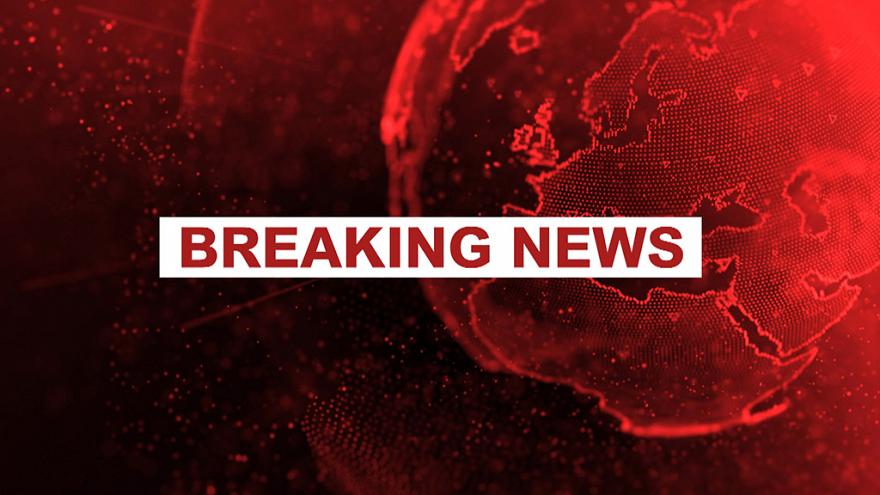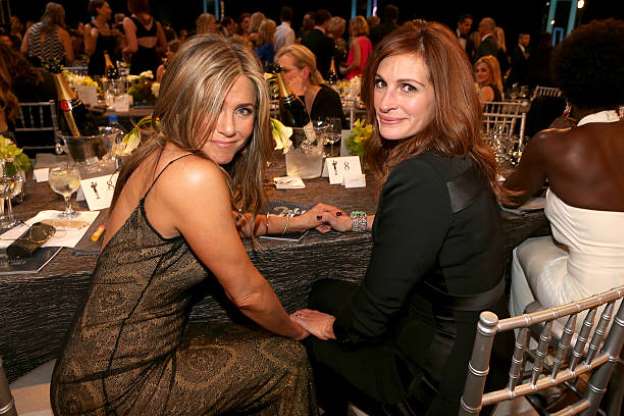
“Everything I know about morality and the obligations of men, I owe it to football,” Albert Camus famously wrote, and perhaps he was onto something. As the World Cup kicks off in Russia there are surely lessons to be gleaned from the beautiful game. From the sublime fluidity of the Brazil’s team-goal against Italy in 1970 to the ridiculous mendacity of Maradona’s Hand of God in 1986: from the pathos of Gascoigne’s tears at Italia ’90 to the mindless violence of Zidane’s head-butt in 2006, mankind could do worse than use football to reflect on our individual and collective responsibilities to one another.
Football teaches us about team work and camaraderie, about courage and fair play but most importantly, it teaches us that some things are more important than winning. Indeed the lessons of football extend beyond our individual and collective behaviour and – at the risk of stretching an analogy way too far – I invite you to imagine that the world is like a football stadium.
Just as FIFA sets the rules of the game on the pitch, so countries, through organisations such as the United Nations, have set out the rules of the game on the world stage. Through documents such as the Universal Declaration of Human Rights that marks its 70th anniversary this year, we have created a framework of international law designed to promote and protect our rights.
Human rights are about respect, fairness, justice and equality. Just as footballers should be free to express themselves on the football pitch, so all people should have the right to express their views and practice their religion. In the same way that footballers should be able to move around the pitch so long as they don’t stray off-side, so people should enjoy freedom of assembly. Just as footballers should not be shown the red card for no reason, so no one should be arbitrarily arrested, abused or detained without a fair trial.
Like the rules of football, human rights are well established and internationally agreed. In the same way that football teams are required to respect the rules of the game, so nations are expected to uphold international human rights laws. Just as referees are there to ensure that the rules of the game are not broken, so organisations such as Amnesty International, are there to blow the whistle on countries that violate human rights. If there is a breach, bodies such as the UN Security Council and the International Criminal Court are there to ensure there is no impunity.
In the same way that video technology is now being used to help football referees, so sophisticated digital tools are helping human rights organisations to identify rights abuses and end impunity. The ubiquity of mobile phones and increased access to the Internet has facilitated sharing videos or images that can serve as evidence of war crimes, violations of human rights and abuse. In addition, satellite technology helps expose crimes in isolated places which might have remained hidden in the past.
Amid the seemingly unrelenting tide of horror that fills our headlines, it is legitimate to ask why so many countries refuse to play by the rules. Imagine the chaos in Russia if one team ignored the rules of the game and were allowed to get away with it. Other teams would be encouraged to do the same. Players would be handling the ball and fouling each other all over the pitch, ignoring the whistles of the referee and the incandescent rage of the crowd.
Some government leaders have attempted to justify human rights violations with talk of national security and the need to keep their citizens safe. But the truth is, there can be no genuine security without human rights.
Other leaders, including the likes of Presidents Trump, al-Sisi, Duterte, Maduro, Putin, and Xi, do not even attempt to justify undermining the rights of their citizens. This cannot be allowed to go on.
It is time for collective action. It will take commitment, vision and cooperation but it is important to recognize that we are not powerless. A football team at the World Cup that egregiously and repeatedly breaches FIFA’s rules would face fines, points deductions or even suspension.
In the same way, it is time for the world to come together and to show rights abusing governments the red card.





